In the challenging world of construction where hard hats and steel-toed boots are the norm, the significance of weather-appropriate gear cannot be overstated. The unpredictable elements can play a huge role in the daily operations on a construction site, and when it comes to rain, it can mean unexpected delays, potential safety risks, and a workforce that's quite literally soaked. But what if there was a way to mitigate these circumstances? That's where waterproof gear steps in. Perfect for those rainy spells, such gear can prevent discomfort, protect against health hazards, and even increase productivity. This article delves into the crucial role of waterproof gear for construction workers and how to choose, maintain, and care for it effectively. It's time for the rain to stop being a nuisance and start being just another day at the site!
Gear matters, especially when you're in the construction industry. But not just any gear will do. We're talking about waterproof gear that can make all the difference.
Safety Factors
Waterproof clothing and accessories are essential for the safety of construction workers. They protect against hazardous elements such as rain, snow, and even splashes from industrial chemicals. With the right waterproof gear, construction workers can tackle their tasks without the fear of getting hurt.
- Slip-and-fall prevention: Wet conditions often make for slippery surfaces. Waterproof gear provides workers with better grip, preventing accidents associated with slips and falls.
- Protection from harsh elements: Weather is unpredictable. With waterproof gear, workers are shielded from heavy rain, snow, and even harsh winds. This allows them to focus on their work, minimizing the chances of mishaps.
- Chemical resistance: Waterproof materials also resist many industrial chemicals. Sounds like something straight out of a superhero movie, right? This quality protects workers from potentially harmful chemical splashes that could lead to skin burns or other injuries.
"Waterproof gear can prevent accidents caused by wet and slippery conditions"
Productivity Aspects
Who says you can't work and stay comfortable at the same time? Waterproof gear not only enhances safety but also significantly improves productivity levels. Here's how:
- Promotes efficiency: Waterproof gear keeps workers dry, preventing discomfort from soaking wet clothes. As a result, workers remain focused on their tasks, leading to higher work efficiency.
- Encourages work continuity: The weather can't disrupt work schedules with the right waterproof gear. This continuity translates into consistent productivity, which is crucial for on-time project delivery.
Health Perspectives
Besides safety and productivity, waterproof gear also has numerous health benefits for construction workers. During heavy rain or snow, workers wearing non-waterproof clothing could potentially become ill. Waterproof gear keeps them dry, reducing the chances of catching a cold, flu, or worse, hypothermia.
In the construction industry, where workers are constantly exposed to dynamic and sometimes hazardous environments, the importance of waterproof gear can't be overstated. So, let's ensure our workers are well-equipped with waterproof gear, providing them with an additional layer of protection, comfort, and improved productivity. Because at the end of the day, the success of a project largely depends on the health and safety of those who are building it.
Working in construction means expecting the unexpected. Weather, for example, can be both unpredictable and unrelenting. Rain, snow, biting winds may all be part of a regular day at the job. But do you have the right gear to keep you guarded against these harsh elements? There's much more to waterproof gear than just staying dry; it's also about ensuring safety and comfort.
So let's deep dive into the different types of waterproof gear that provide specific protection against rain. From keeping the body dry to preventing slip injuries, these gear pieces are an essential staple in every construction worker's kit.
Waterproof Jackets
Waterproof jackets are the first line of defense against heavy rain while working outdoors in construction. Built for durability and designed to weather the harshest elements, these jackets feature sealed seams and water-resistant materials. They not only keep your upper body dry but also offer crucial protection against wind chill and snow.
Waterproof pants
Just like jackets, waterproof pants shield your lower body from the elements. These pants often come with reinforced knees to withstand the rigors of construction work while providing ample flexibility. Plus, their water-resistant capabilities ensure that all contents in the pockets stay dry, safeguarding essential items like phones and wallets.
Waterproof Boots
Imagine the risk of slip injuries while working in wet conditions. That's where waterproof boots come in handy. They're constructed with slip-resistant soles, water-impermeable materials, and comfortable insoles- all crucial features to prioritize safety and comfort while braving the wet, slippery construction site.
Waterproof Gloves
From gripping tools to doing intricate construction work, your hands are your most valuable tools. The right pair of waterproof gloves will keep your hands dry, warm, and, most importantly, maintain your dexterity. So, investing in a snug pair that's waterproof yet breathable and lined for warmth is crucial.
Waterproof Headgear
Last but not least, a good piece of waterproof headgear, such as a hard hat coat or a waterproof hat, can efficiently shield your head from getting drenched. These not only offer protection against rain but also keep the head warm during cold, wet weather.
Remember, working at a construction site is demanding and challenging, especially under adverse weather conditions. Therefore, investing in high-quality waterproof gear ensures you are equipped to face any weather-related challenge head-on. It's not just about comfort; it's a matter of safety as well. It's imperative to remain comfortable, warm, and dry, and maintain overall efficiency and productivity at work.
Choosing the best waterproof gear for construction workers isn't just about staying dry on the work site. It's also about ensuring safety, comfort, and a long-lasting investment. There are multiple factors that you should consider when making your selection. The quality of the material, fit and comfort, durability, and the price point within your budget are all crucial elements to examine closely.
Material Quality
When we mention material quality, it's not just about having a material that resists water. It's also about the breathability of the fabric. Breathable material will prevent the build-up of sweat and moisture inside the gear, which is a known problem that can cause discomfort and health issues.
Some factors to consider when evaluating material quality include:
- Water-resistance rating
- Breathability rating
- Use of durable and high-quality stitches
Fit and Comfort
Fit and Comfort are paramount when choosing the best waterproof gear for construction workers. After all, an ill-fitting gear can limit movements, affect productivity, and cause discomfort. Therefore, you should opt for gear that is both roomy enough to move comfortably in, but not so loose that it becomes a hazard on the job site.
A few checkpoints to consider while evaluating fit and comfort:
- The gear should allow for easy movement.
- It should not be too tight or too loose.
- The closures like zippers, snaps, and Velcro should be easy to handle even with gloves on.
Durability
In an intensive work environment like construction, durability is a key requirement for any gear. Good waterproof gear should be tough enough to withstand harsh conditions, including heavy rain, high winds, and flying debris.
Consider these tips when evaluating durability:
- The gear should be tear and puncture-resistant.
- The waterproof and breathable properties should last over time with proper care.
- The seams should be sealed and reinforced to prevent water from entering.
Price Point and Budget
Finally, the price point and budget are significant factors as well. It's essential to choose a product that offers the best value for money. Remember, an inexpensive product may initially seem like a good deal, but if it does not meet the quality, fit, durability, and comfort standards, it wouldn't be a wise investment.
Some price point considerations could include:
- Knowing your budget before shopping.
- Comparing multiple brands and products for the best options.
- Checking for warranty or guarantee provisions.
By keeping these four core factors in mind—material quality, fit and comfort, durability, and price range within the budget—you can ensure that the waterproof gear you choose for construction workers is of high quality, comfortable, durable, and worthy of your investment. When they're dry and comfortable, they will work more efficiently and safely, increasing productivity and creating a healthier working environment.
If you're someone who's invested in high-quality waterproof gear, you already know the value it adds during unexpected weather conditions. Whether it's raincoats, walking boots, or gloves, these items effectively shield you from water, wind, and humidity. However, the protection and durability of your gear relies heavily on your maintenance and care practices. Regular cleaning, proper storage, and periodic gear checks are key to extending the life of your waterproof gear and maximizing its protective functions.
Regular Cleaning
Regularly cleaning your waterproof gear is a critical step in its maintenance. Dirt and grease can affect the fabric's breathability and degrade its waterproofing attributes over time. Depending on the specific type of gear, you might need to:
- Rinse with fresh water: This is especially applicable for gear exposed to salt water or mud.
- Use tech wash: Conventional detergents can damage waterproof materials. Tech washes are particularly formulated to clean, without affecting the fabric's qualities.
- Hand wash or machine wash, as stipulated by the manufacturer's instructions.
Proper Storage
The way you store your waterproof gear when not in use significantly affects its longevity. It's a common mistake to pack away gear while it's still wet or damp, which can lead to mold and mildew growth, ruining the waterproofing qualities of your items. Here are some storage tips:
- Fully dry before storing: Ensure your gear is completely dry before it is put away.
- Store in cool, dry places: Overexposure to heat can degrade the waterproof component of your gear.
- Avoid folding or wrinkling: Instead, loosely roll your items to prevent breaking down of the waterproof barrier.
Periodic Gear Checks
In addition to regular cleaning and proper storage, conducting routine checks on your waterproof gear can help spot any issues early enough to manage. Here's what you should look for in these checks:
- Check for any tears or punctures.
- Inspect for peeling or flaking on the inside lining, a sign of degrading waterproof quality.
- Ensure zippers and seals are functional and uncompromised.
In essence, your waterproof gear can only serve you optimally if you commit to maintaining it effectively. So, embrace regular cleaning, ensure proper storage, and conduct routine checks to keep your gear in its prime and ready for the next adventure! It may seem like a bit of work, but when a sudden downpour hits, you'll be thankful for having gear that's up to the task.
In the consideration of safety, productivity, and overall well-being, the need for waterproof gear for construction workers is undeniable. These everyday heroes work tirelessly through all climate conditions, and it's only fair they obtain protection from the elements. The industry offers a wide range of waterproof gear, from jackets and pants to boots, gloves, and headgear, each designed to offer maximum protection, comfort, and functionality.
Choosing the best waterproof gear doesn't have to be a cumbersome process. Key factors to consider include the quality of materials, the comfort and fit of the gear, its durability, and of course, the price point. It's vital to remember that costly doesn't always equate to better, especially when it comes to waterproof gear. It's more about finding items that are robust, comfortable, and can withstand the rigors of a construction site, all within a reasonable budget.
What good is the perfect waterproof gear if not properly maintained, right? Ensuring regular cleaning, proper storage, and periodic gear checks contribute to the lifespan of the gear. A little care goes a long way in ensuring the resilience and longevity of waterproof items, making them a trusty companion for the construction worker.
In the quest for the perfect defence against rain, each piece of waterproof gear plays an instrumental role. These items do more than just keep the wearer dry; they boost productivity, safeguard health, and potentially save lives. Remember, when the storm rages, it's the gear that stands between a construction worker and the harsh rains. It's not just about staying dry; it's about staying safe, productive, and healthy.
Frequently Asked Questions
-
What are the essential waterproof gear for construction workers?
The essential waterproof gear for construction workers includes waterproof jackets, pants, and boots, waterproof gloves, and waterproof hats or hoods.
-
Why is waterproof gear important for construction workers?
Waterproof gear is important for construction workers as it protects them from rain, snow, or other wet conditions, preventing them from getting wet, cold, and uncomfortable. It helps maintain comfort, safety, and productivity on the job site.
-
What material should waterproof gear for construction workers be made of?
Waterproof gear for construction workers should be made of durable materials such as nylon or polyester with proper waterproof coatings like Gore-Tex or PVC. These materials offer excellent water resistance and breathability.
-
How do I choose the best waterproof boots for construction workers?
When choosing waterproof boots for construction workers, look for features like a waterproof membrane, slip-resistant outsole, steel toe or composite toe for safety, proper arch support, and comfort features such as cushioning and moisture-wicking lining.
-
Can waterproof gear be used in other industries besides construction?
Yes, waterproof gear can be used in various industries and outdoor activities, including hiking, fishing, landscaping, and any other job or recreational activity that involves exposure to wet or rainy conditions.

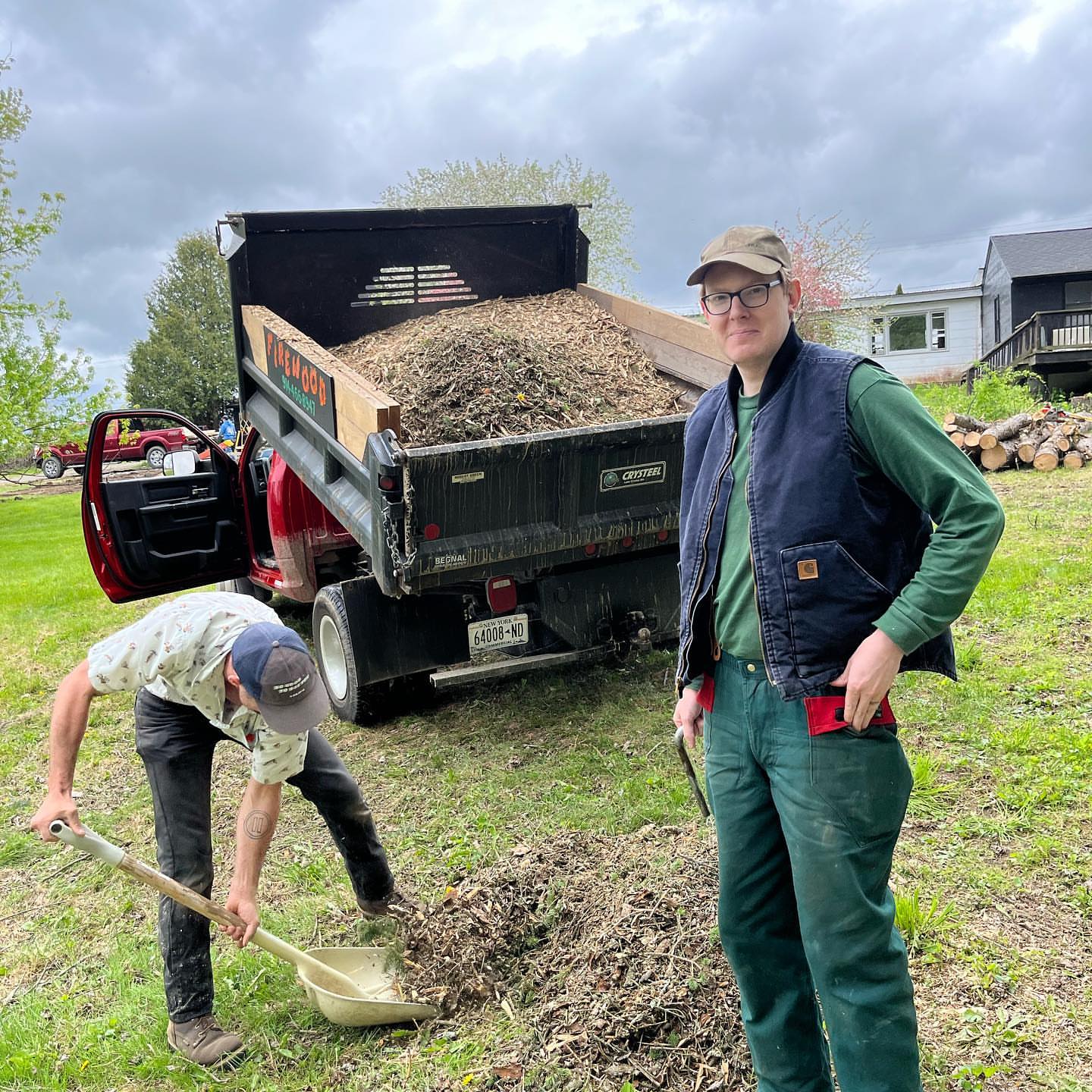
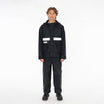
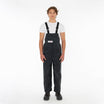
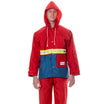
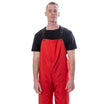

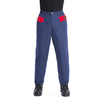
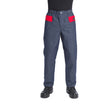
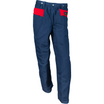
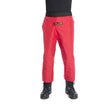
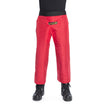
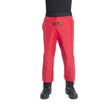
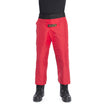
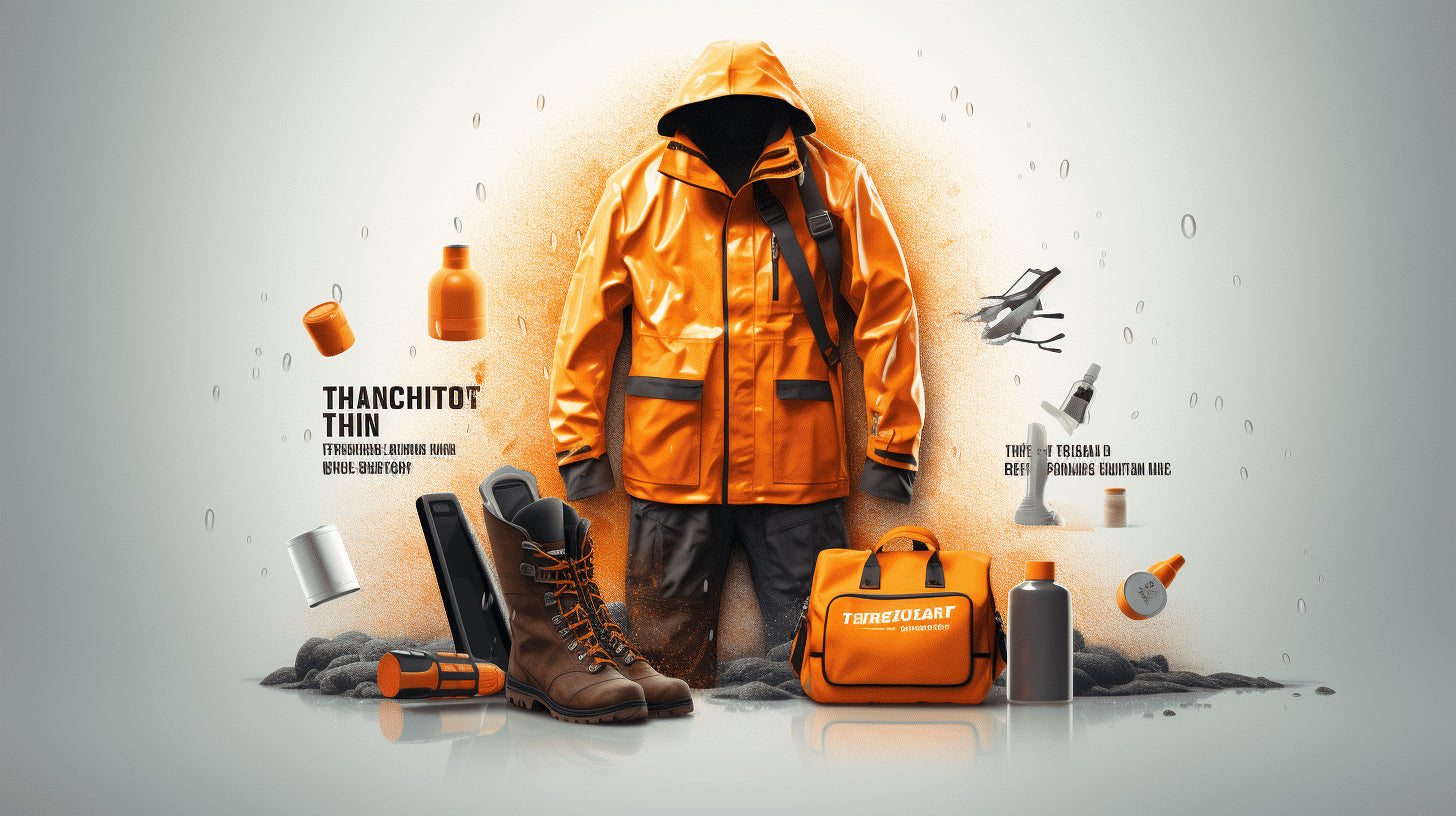
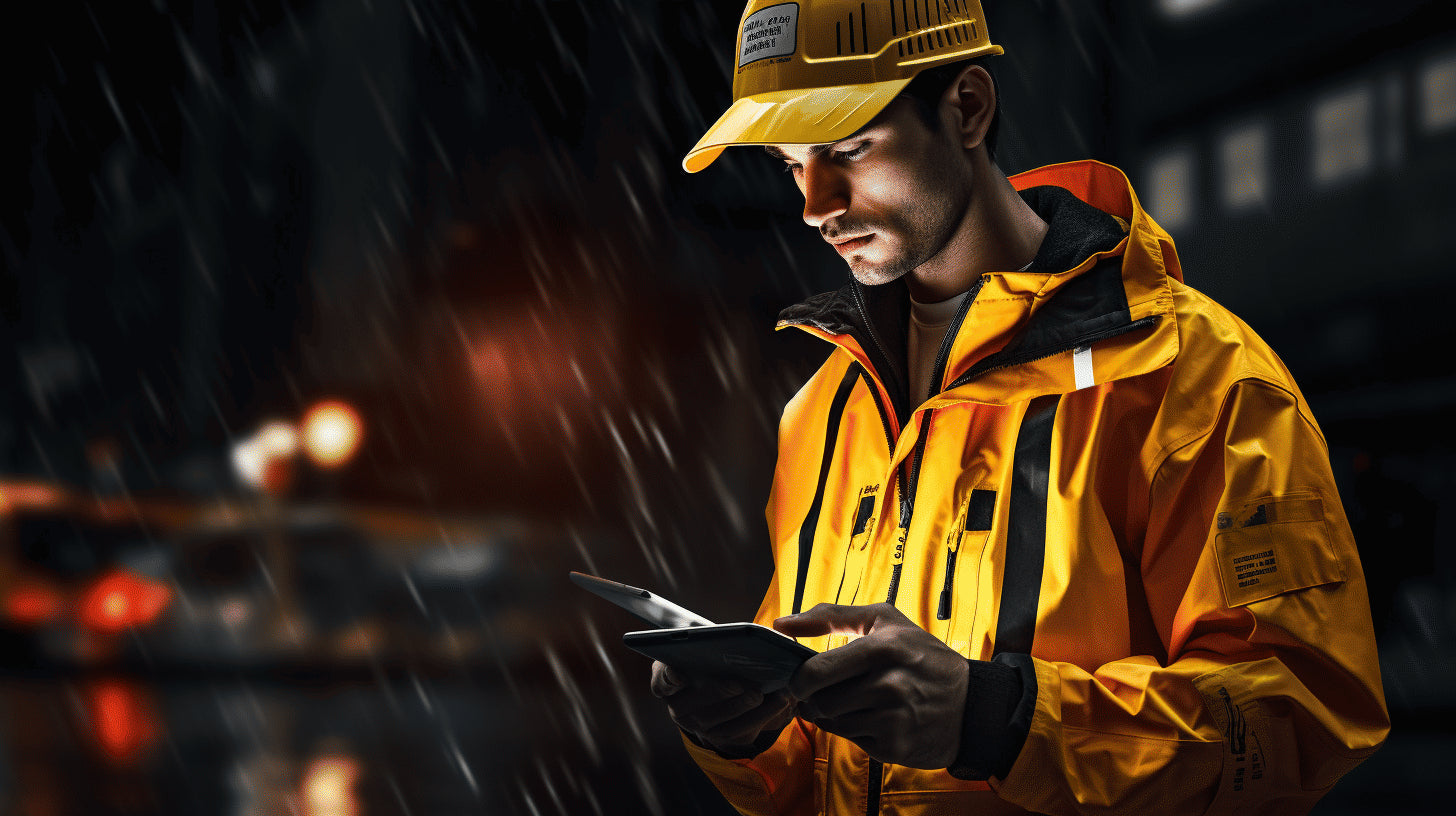
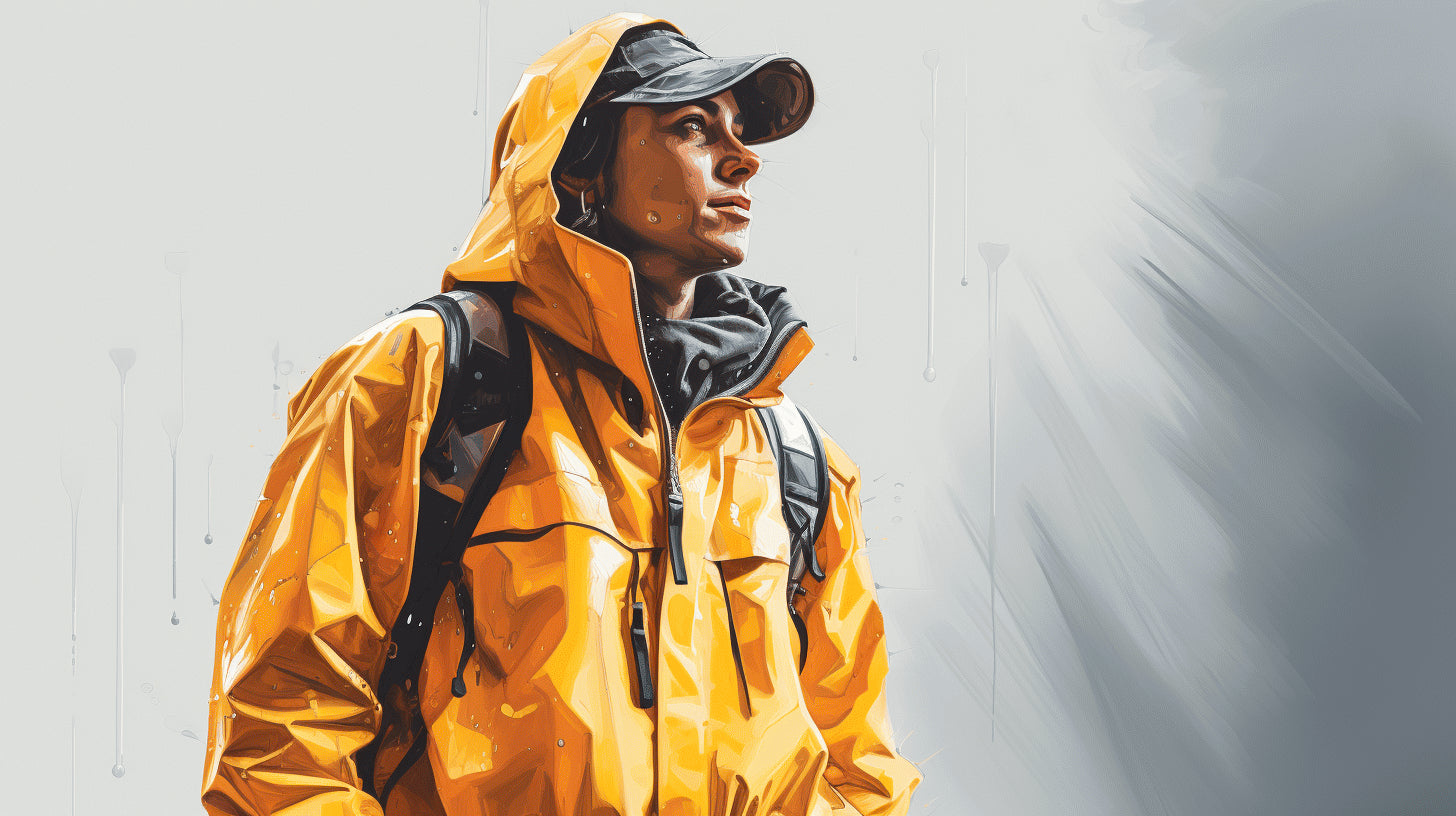
Leave a comment
This site is protected by hCaptcha and the hCaptcha Privacy Policy and Terms of Service apply.